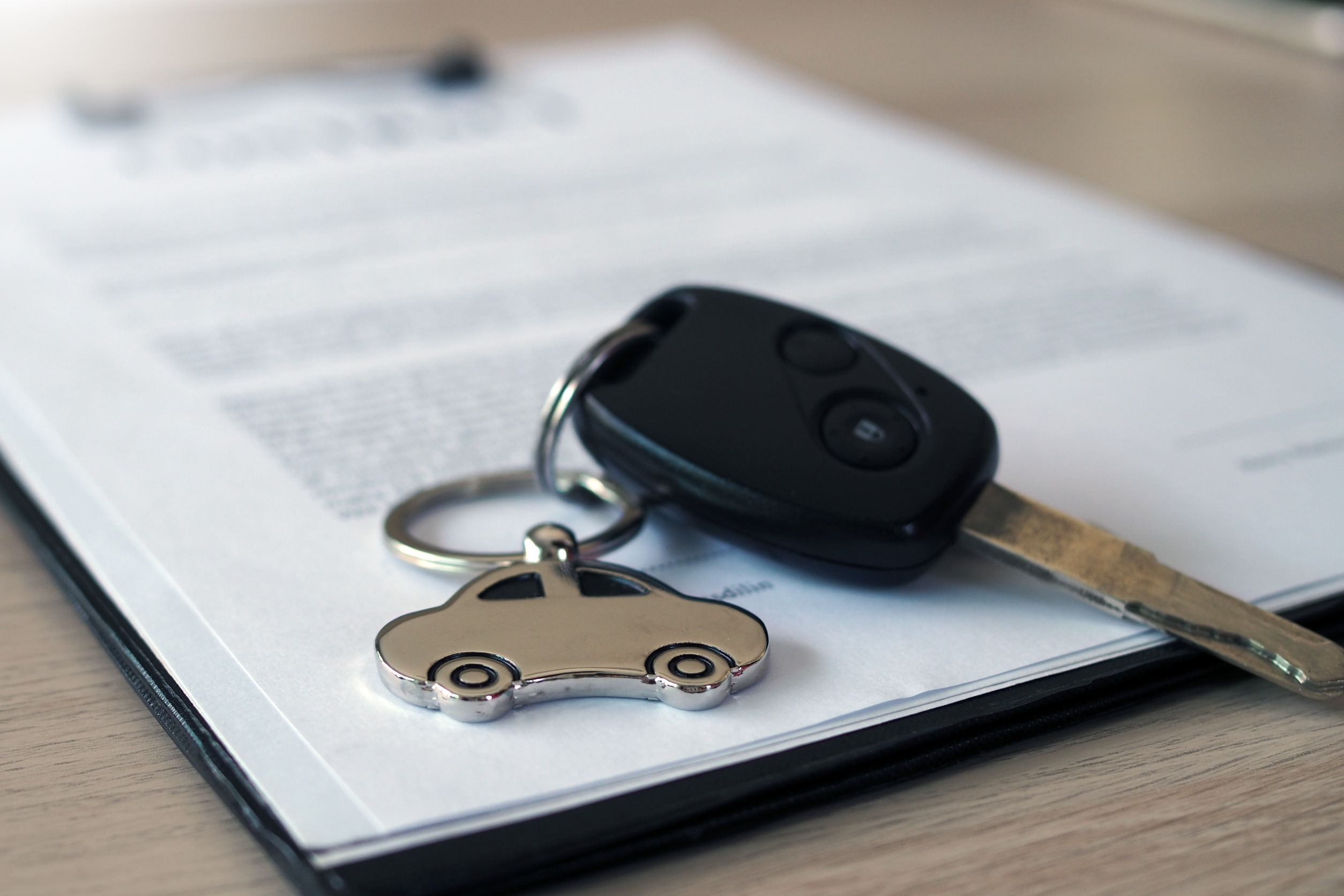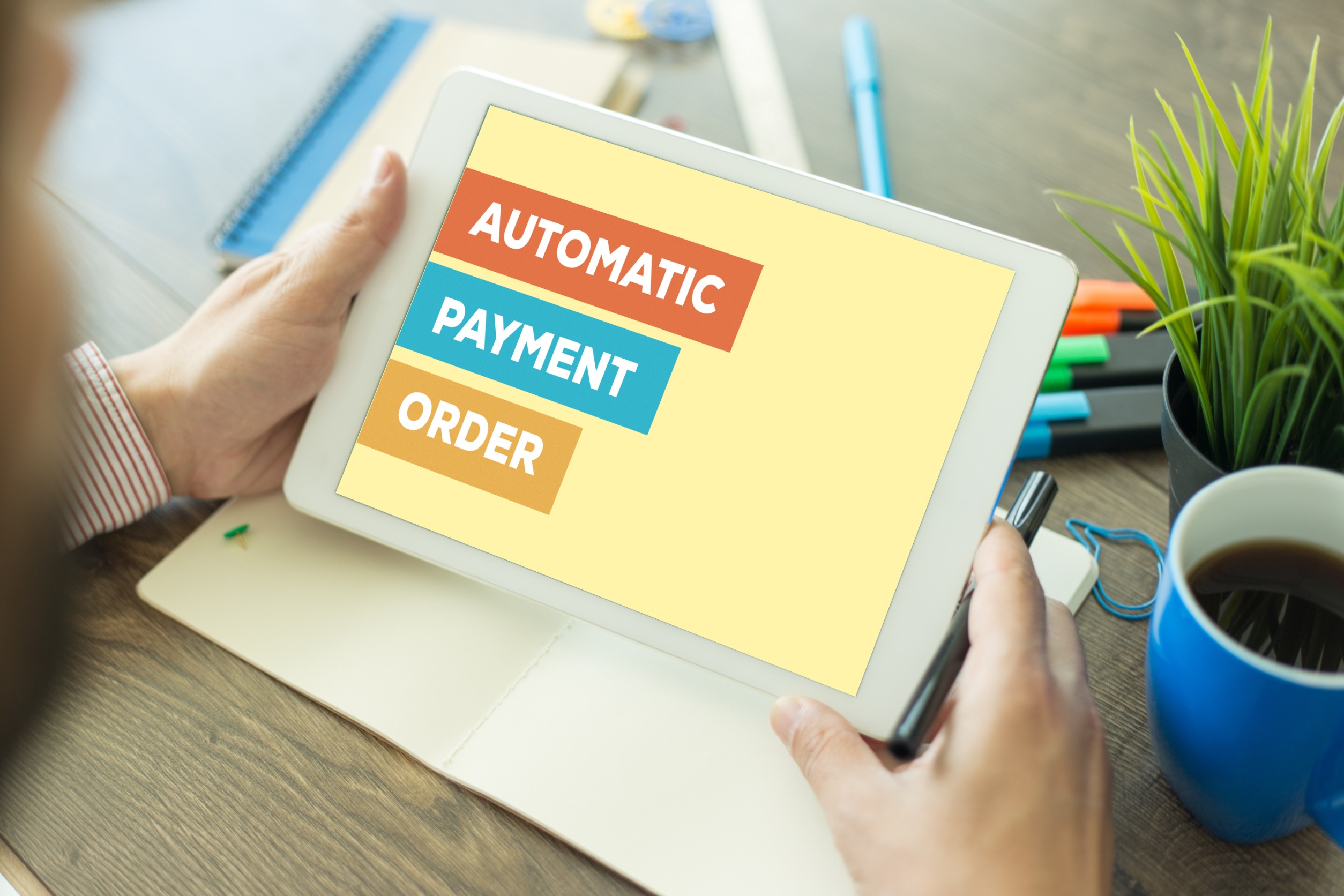
Managing car loan debt can be a daunting task, but with the right strategies, you can keep your finances under control and reduce stress. Here are nine effective ways to manage your car loan debt and ensure you’re on the path to financial stability.
1. Create a Budget

Creating a budget is the first step towards managing any debt, including car loans. List all your sources of income and categorize your expenses. This will help you see where your money is going and where you can cut back. Prioritize your car loan payments in your budget to ensure they are paid on time each month.
2. Make Extra Payments on Your Car Loan

Making extra payments on your car loan can significantly reduce the amount of interest you pay over the life of the loan. Even small additional amounts each month can add up. Consider applying any windfalls, like tax refunds or bonuses, to your car loan. This strategy can help you pay off your loan faster and save money in the long run.
3. Refinance Your Car Loan

Refinancing your car loan can lower your interest rate and monthly payment, making it easier to manage. Shop around for the best rates and terms before deciding to refinance. Keep in mind that refinancing might extend the term of your loan, so weigh the pros and cons carefully. Always read the fine print to understand any fees or penalties associated with refinancing.
4. Negotiate with Your Lender

If you’re struggling to make your payments, don’t hesitate to negotiate with your lender. Lenders may be willing to offer temporary relief, such as a lower interest rate or a deferred payment plan. Be honest about your financial situation and provide any necessary documentation. Early communication with your lender can prevent your situation from worsening.
5. Trade Down Your Vehicle

If your payments are unmanageable, consider trading down to a less expensive vehicle. Selling your current car and buying a cheaper one can reduce your loan amount and monthly payments. Be sure to account for any negative equity before making this decision. This can be a tough choice, but it may provide immediate financial relief.
6. Use Automatic Payments

Setting up automatic payments can ensure you never miss a due date, helping you avoid late fees and potential credit damage. Most lenders offer a discount for enrolling in automatic payments, which can save you money over time. Automating your payments also simplifies your financial management. Just make sure you always have enough funds in your account to cover the payments.
7. Consider a Side Hustle to Help Pay Off Car Loan Debt

If your current income isn’t enough to cover your car loan payments comfortably, consider taking on a side hustle. Additional income from part-time work or freelance gigs can help you stay on top of your debt. Allocate the extra earnings directly towards your car loan to pay it off faster. This can also provide a buffer for other financial obligations.
8. Consolidate Your Debts

Debt consolidation can be an effective way to manage multiple debts. By consolidating, you combine several debts into one payment with a lower interest rate. This can simplify your finances and potentially reduce your overall debt burden. However, ensure that the terms of the consolidated loan are favorable and will save you money in the long term.
9. Seek Professional Advice for Your Car Loan Debt

If you’re feeling overwhelmed by your debt, seeking professional financial advice can be a wise move. Financial advisors can help you create a personalized plan to manage your debt. They can provide insights into strategies like debt consolidation, refinancing, and budgeting. Professional guidance can give you peace of mind and a clear path forward.
Manage Car Loan Debt Efficiently

Managing car loan debt requires a proactive approach and careful planning. By creating a budget, making extra payments, and considering options like refinancing or professional advice, you can take control of your finances. Remember, the key is to stay informed and take action early to prevent your debt from becoming unmanageable. With these strategies, you can reduce stress and work towards financial stability.

Leave a Reply